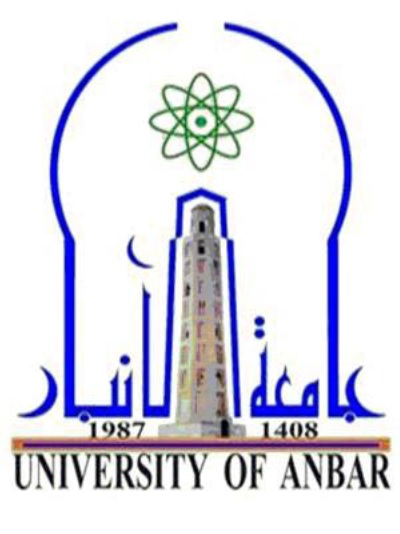Session Chairs:
-
Asst. Prof. Dr. Ameer A. Hilal, Dean of Engineering College, Anbar
Session Co-Chairs:
-
Prof Dr. Ibrahim A. Al-Jumaili, Iraq
Session Committee:
-
Ass. Prof. Dr. Mohammed A. Ahmid
-
Ass. Prof. Dr. Jumaa A. Hemed
-
Ass. Prof. Dr. Yousif A. Mansoor
-
Dr. Mazin Y. Abbood
-
Dr. Ahmed A. Abbas
-
Dr. Omar M. Hussein
|
 |
Synopsis
Sustainable engineering concepts were defined by many organizations and researchers in the field of engineering. Many guiding principles were proposed including the issues related to Sustainable Development in Engineering and how these principles can be applied in engineering projects were illustrated as well. Sustainable Development in Engineering can be categorized into environmental, economic and social objectives. Sustainable Engineering solutions not only give a balance in terms of costs, benefits and sustainability but also assess the whole life cycle costs. It was reported that many sustainable guidelines such as consideration of true life cycle costs, protection and enhancement of environment and adoption of green construction should be followed by Engineering Practice.
Topics:
This special session invites authors to submit high-quality research papers on the topics which include (but are not limited to) the following:
- Self-Sustained Buildings
- Sustainable Infrastructure Engineering
- Sustainable Construction Material
- Energy Efficient Buildings
- Energy Monitoring In Buildings
- Nano Technology in Engineering.
- Building & Structural Performances
- Materials And Technologies
- Producing And Industrial Engineering
- Applications of softwares in Engineering
- Heat Transfer Enhancement Techniques and Renewable Energy.
- Communication Systems.
- Power System Generation & Control.
- Power Electronic & Machine.
- Computer Aided Design/Digital Aided Design.


